Strategy and programme
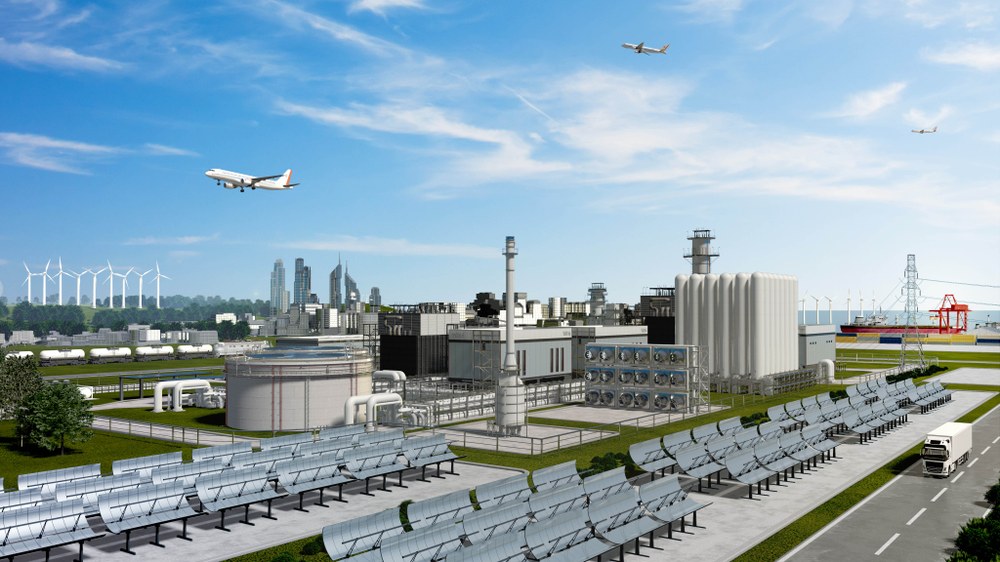
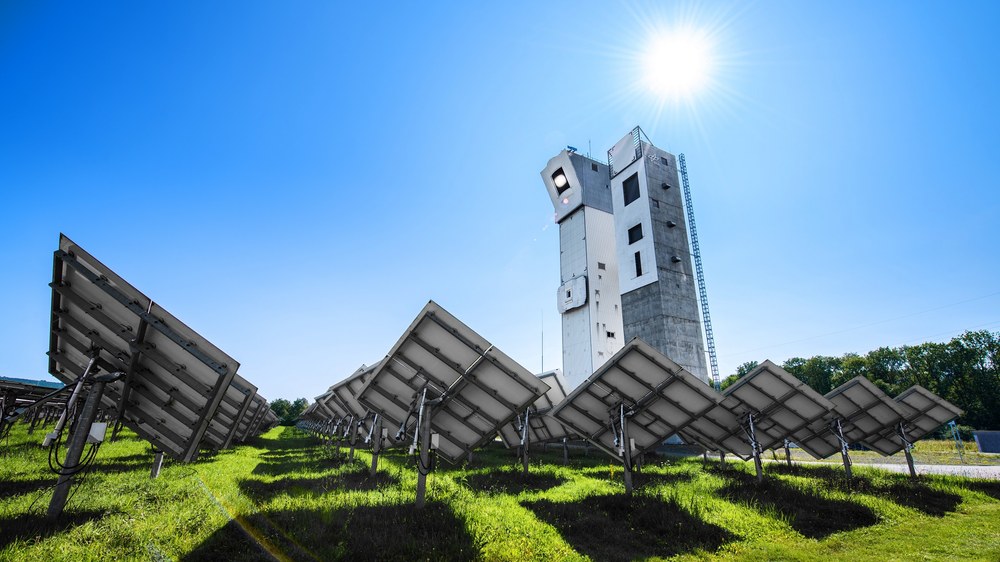
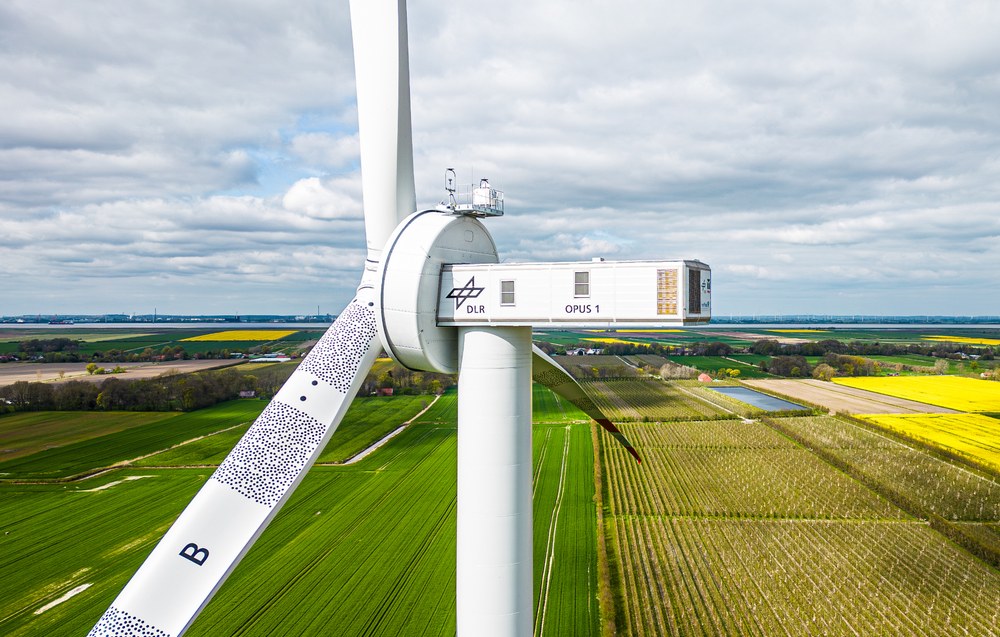
Having access to affordable and readily available energy is a key foundation of highly developed economies. It is fundamentally important to Germany as an economic hub and underpins prosperity in society and a high quality of life. However, the energy supply faces significant challenges: it should be as independent and resilient, as affordable and competitive and as climate-neutral as possible – all at once. An energy supply that ticks all of these boxes can only be achieved if the energy system, local authorities and companies undergo their own targeted transformation.
DLR energy research objectives
The transition to a resilient, independent, competitive, fair and climate-neutral energy system is at the centre of DLR’s energy research. The greatest challenge is therefore to develop innovative solutions that will aide this transformation. Yet these solutions can only generate added value for society and the economy if they are adopted in practice. Against this backdrop, DLR energy research is pursuing the following goals:
- To provide independent, scientifically sound model-based analysis of the energy system for the public sector. Such analysis shows what optimised transformation paths could look like for the energy system of the future, what this means for issues such as security of supply and what we might achieve with certain policy instruments or combinations of instruments.
- To provide innovative solutions for the transformation of the energy system for industry, public administration and public-sector enterprises. With these solutions, electricity, heat and chemical energy sources are to be efficiently and renewably produced, their energy stored, converted and distributed as required via optimised grids in line with requirements.
Knowledge exchange and technology transfer are the guiding principles of DLR’s energy research. Thanks to DLR’s unique attributes – its extensive expertise in aeronautics, space science, energy, transport and security; its realistic infrastructures and a systemic, long-term research approach – DLR develops and provides outstanding solutions for the transformation of the energy system. When these solutions make their way into practical application, they strengthen society and the economy, fulfilling the ultimate aspiration of DLR energy research. This makes DLR a leading research and development partner for industry, public-sector enterprises and public administrations in transforming the energy system.
Action areas for DLR energy research
In the field of energy research, DLR concentrates on the development and testing of technologies in the following areas, which have been identified as particularly pressing from the perspective of the economy and society:
- Electricity
- Heat
- Chemical energy carriers
- Energy system
Electricity
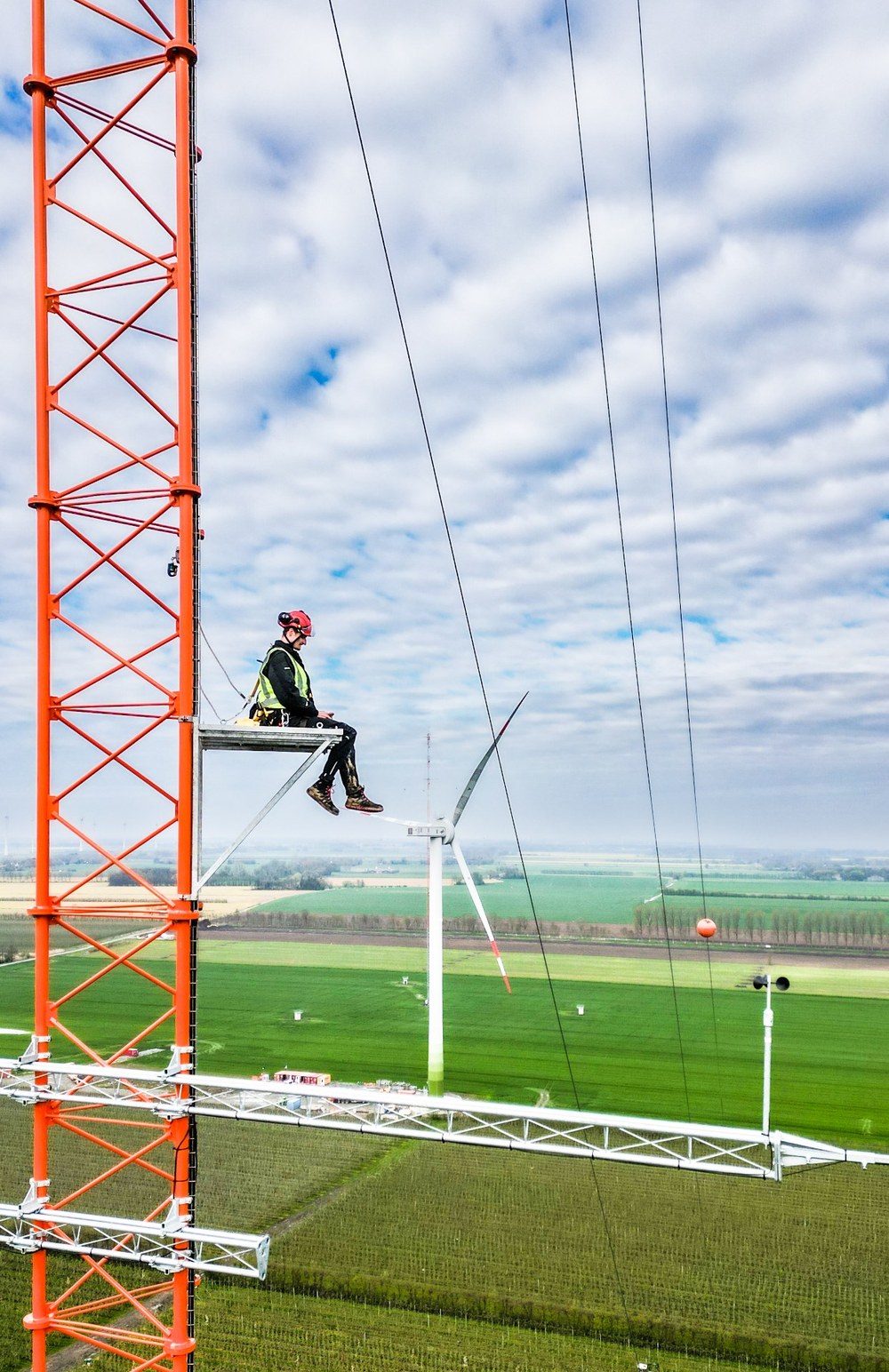
The electricity sector is still dependent on the use of fossil fuels. Only about half of current electricity consumption is based on renewable sources. The aim is to increase this share to at least 80% by 2030. Yet such an increase presents a considerable challenge, as demand for electricity is rising due to the electrification of transport, heating and industrial sectors. Methods and technological components are needed to improve the efficiency of solar thermal and wind power plants and compensate for fluctuations in electricity generated from renewable sources. If sufficient renewable energy sources, such as green hydrogen, are available and can be efficiently utilised in gas turbines to drive generators for electricity production, then gas turbines, gas-fired power plants and storage technologies will no longer be seen as the default option.
Heat
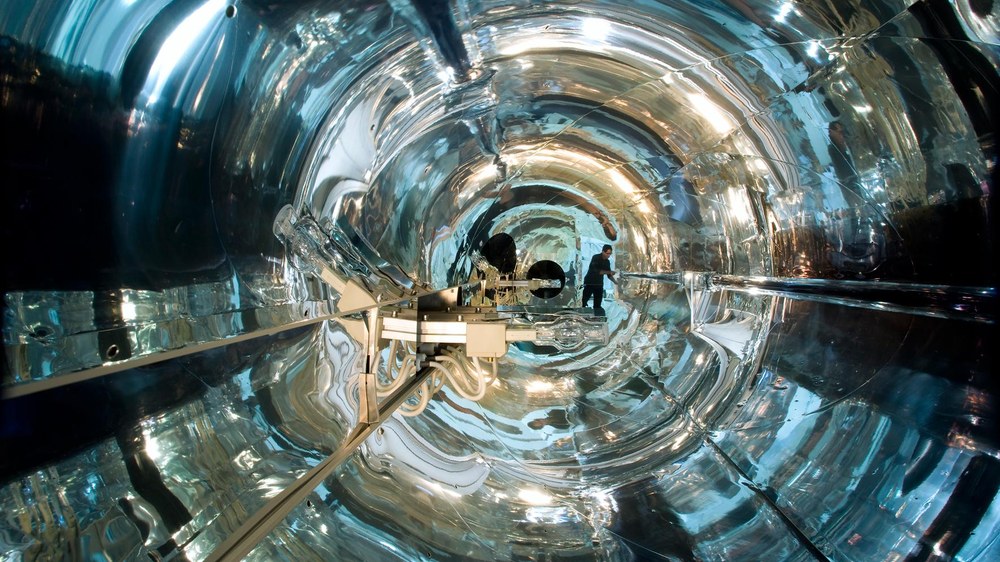
Germany’s industrial heat supply is still heavily dependent on fossil fuels, accounting for around 20% of the total energy demand. With an energy requirement of more than 450 terawatt-hours (TWh) for industrial process heat in Germany alone, decarbonising this sector is a mammoth task – currently, only about 15% (68 TWh) is sourced from renewable energy. This is compounded by the myriad complex conditions that exist in the various industrial sectors, including steam at different pressure levels, direct heat use from electricity and constant or strongly fluctuating demand over time.
A mix of different energy technologies is required to meet the demand for heat efficiently, resiliently, securely and in a climate-compatible way. DLR energy research is focusing on solar thermal energy, storage and converter technologies, burner systems, power plants and storage and converter systems. Other key areas of focus are digitalisation and automation for complex heat supply issues.
Chemical energy carriers
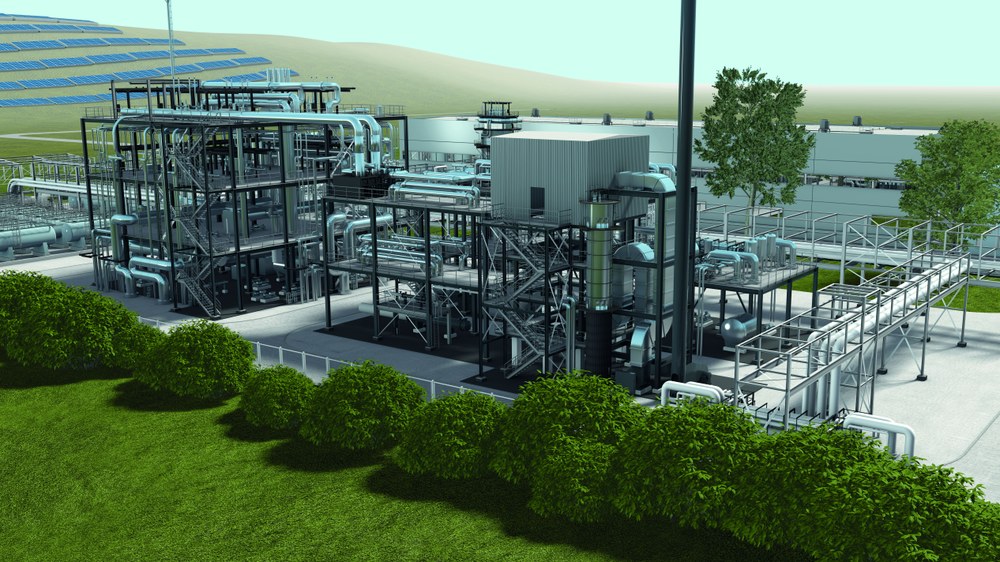
Renewably-produced chemical energy carriers such as green hydrogen and electricity-based fuels will be essential in decarbonising the energy supply. Green hydrogen is proving increasingly important as a storage medium for renewable energy, for reconversion to electricity and heat generation and for material use. Liquid synthetic fuels made using electricity and/or biomass are most suitable for applications where alternatives are scarce – above all to aviation, shipping and elements of ground-based transport, such as specialised vehicles and disaster control. They also serve as back-up fuels for reliable electricity and heat generation. Local production and utilisation of chemical energy sources can thus increase the security of supply in Germany. Harnessing this potential means optimising the energy sources and components needed for the production of such fuels, their integration into overall system solutions, digital twins, automated technology for controlling the systems and disruptive solutions.
Energy system
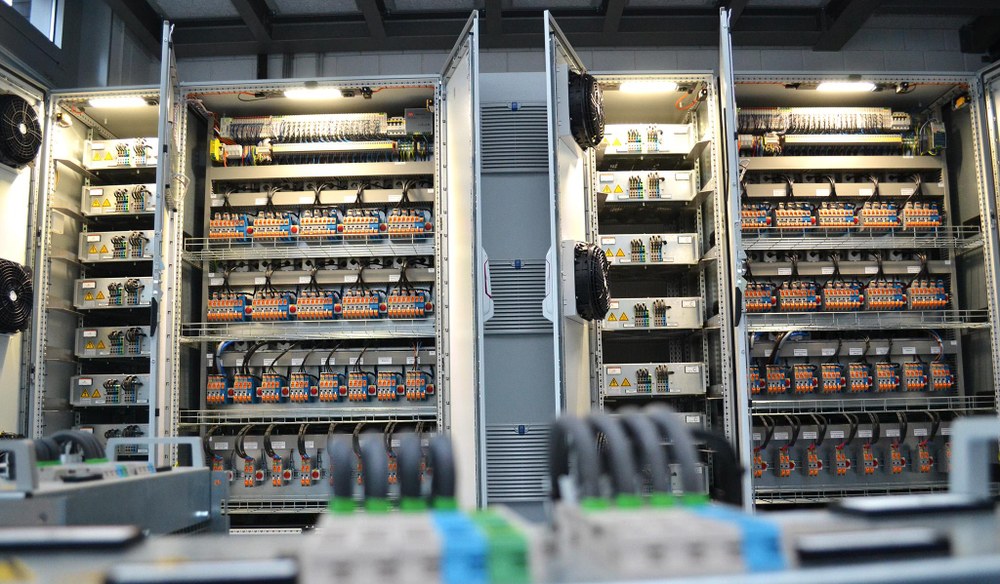
Simultaneous electricity generation and consumption is the foundation of a stable and resilient energy system. Since wind and solar energy are weather-dependent, they are not continuously available, so the task of synchronising electricity generation and consumption must shift from the generation side to the system and demand sides. DLR energy research is focusing on developing components that stabilise the electricity grid and systemic solutions that facilitate the management of electricity, gas and heat networks, as well as making grids more flexible. These solutions will fundamentally transform the infrastructure and operation of the energy system. This transformation process must be regularly reassessed and proactively configured, making the design of the energy transition another focus of DLR energy research.
